



三月正是读书天。在这个温暖而又特殊的季节,我们不妨翻开书,与智者做一次对谈,借文字抵达去不了的远方,借文字审视自己过往的种种,开拓灵魂的深度和广度......
Spring is approaching and it's the best time to enjoy a book. The reading of a good book is like a conversation with the finest men in the world, through which we can expand our minds, open our eyes, and fill up our hearts......
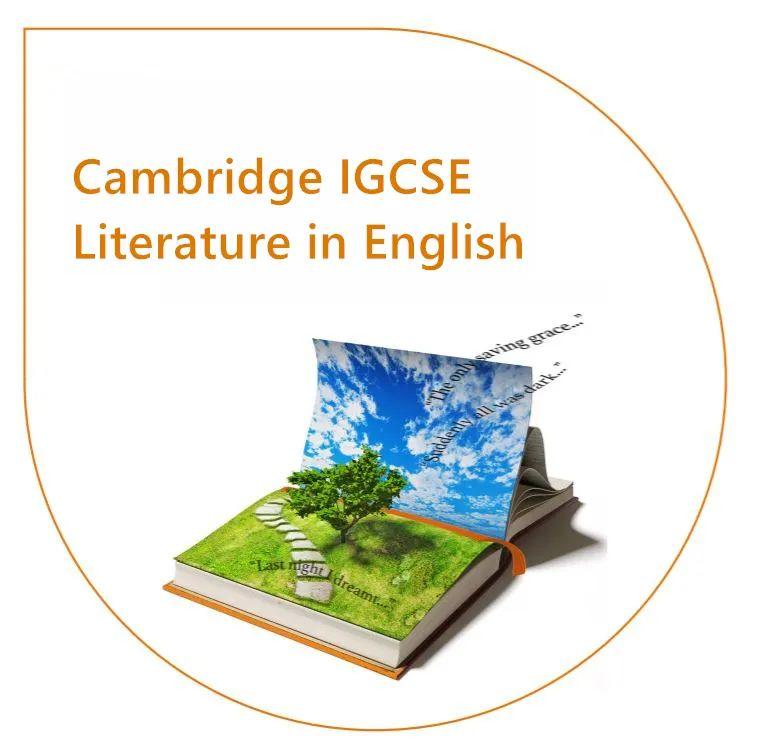
最近,融合课程部9年级的学生也正在英语文学的课堂上进行阅读。老师为他们推荐了英国剧作家JB Priestley的剧本——《罪恶之家》。
该剧本描写了一个关于社会责任感的故事。学生们通过Zoom系统进行在线阅读,并在课堂上展开了讨论,他们就“责任感对于我们身边每一个人的重要性”这个话题纷纷给出了自己的观点。
在英语老师——Ms. Jones的引导下,学生们研究了不同的人物,并重点探索了一些话题,如:两代人观念的冲突、社会阶级的冲突、社会分工的冲突,还有最主要的——责任感的重要性。他们意识到这类现象不仅仅存在于剧本中的那些中产阶级人物中,不仅仅存在于那个虚构的1921年的英国的小镇上,同时也存在于这个真实的世界上。

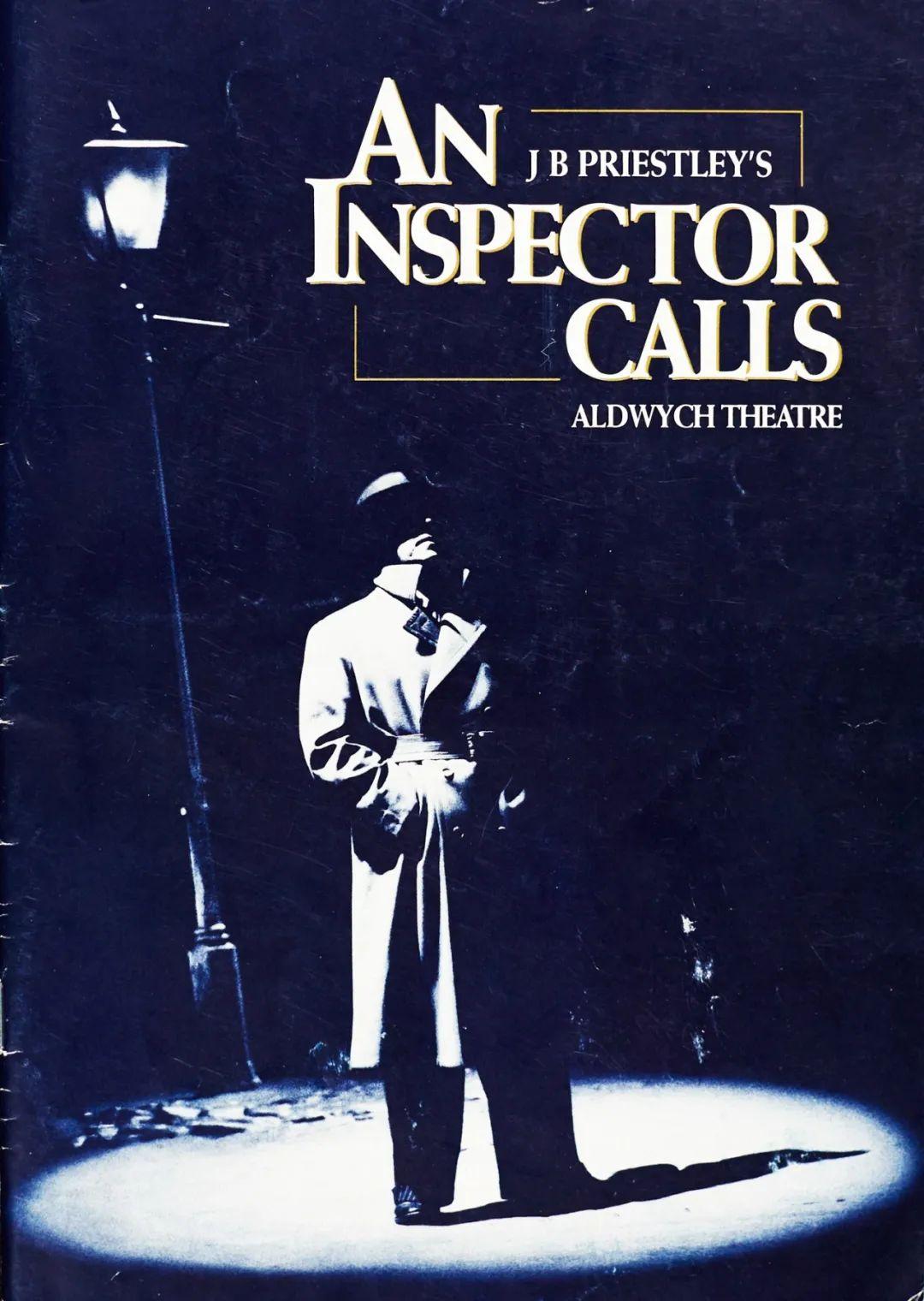
The Grade 9 students of EMW are currently studying a text for IGCSE English Literature based on a play by JB Priestley titled An Inspector Calls.
The play is about social responsibility. Students have read the play from Zoom format and they have been involved in class discussions and whole class reading on Zoom. They have provided discussion on the importance of being responsible for everyone around us.
Inspired and led by the English teacher, Ms. Jones, the students have explored various characters and focused on themes such as older and younger generation, gender, class, social duty and most importantly, responsibility. They learn that this is not the case through particular middle class characters that live in Brumley, a fictional town in Northern England in 1912.
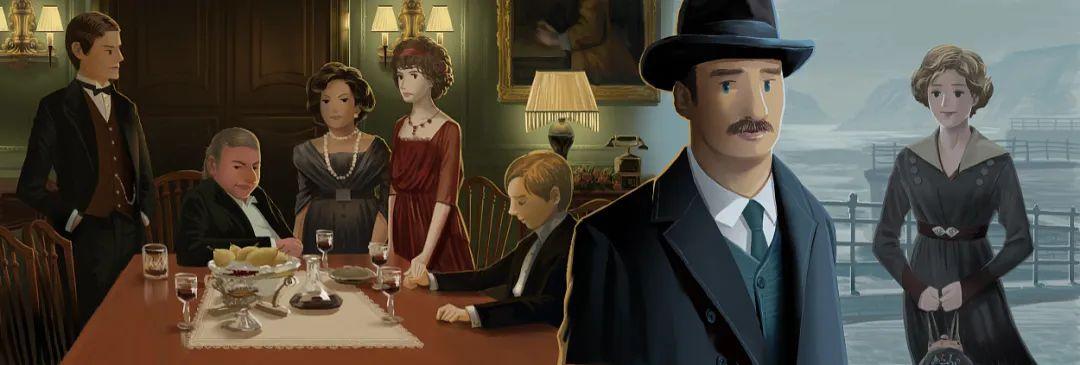
老师给学生布置的第一份作业就是研究作者Priestley想要带给观众的启示——集体责任感的重要性,并完成一篇论文。学生们选择了剧本中的一个人物为突破点,并根据指定题目,完成了论文的初稿。
The students' first assignment was to produce an essay exploring what Priestley wanted to teach his audience - about the importance of collective responsibility. Students chose which characters to focus on and have practised completing their first draft of an practice essay question.

优秀作业节选 一
Excerpt from Student Essay 1
Mr Birling showed his foolish value highlighting Priestley’s distaste for the upper class mentality through his longwinded speech. In the speech, he told Eric that he had “a lot to learn yet”. This suggests that he was arrogant enough to think that he knew everything even though the audience in 1945 knew that his prediction was wrong. His belittling tone to Eric reflects how most middle class like Birling in 1912 believed that they knew everything. The main verb “learn” is ironic as this is supposedly the wise words of a great parent educating their child when actually it is completely wrong. Moreover, Birling claimed that “there isn’t a chance of war”, whereas the audience in 1945 had already known that World War I happened just after the speech. He also claimed that the Titanic would be unsinkable. It seems like he felt so sure about it and he said it firmly. However, the Titanic sunk on its first trip. These are two typical examples of dramatic irony in the play. The World War I and the sunk of Titanic were already known by audience in 1945, and Priestley wanted to use this technique to show how silly and idiotic the opinion that Mr Birling was holding. Mr Birling represented the middle class, there are lots of middle class had the same idiotic thoughts as him, so Priestley indirectly suggest that how silly the thoughts of middle class are. Priestley used dramatic irony in the stage directions too, where it says “until the inspector arrives and then it should be brighter and harder.” Priestley used this to give us awareness of what the inspector seeks to do and make Mr Birling a foolish character. The Birlings were not aware of what was going to happen, but the audience are aware that this stage direction of the bright embodies the Inspector in many ways. It indicates that the inspector was going to expose them and reveal their crime. This criticised that many middle class like Mr Birling are not aware of what they have done. Furthermore, it is also a foreshadowing of things happening next to the audience.
by Lucas Chen 9MH
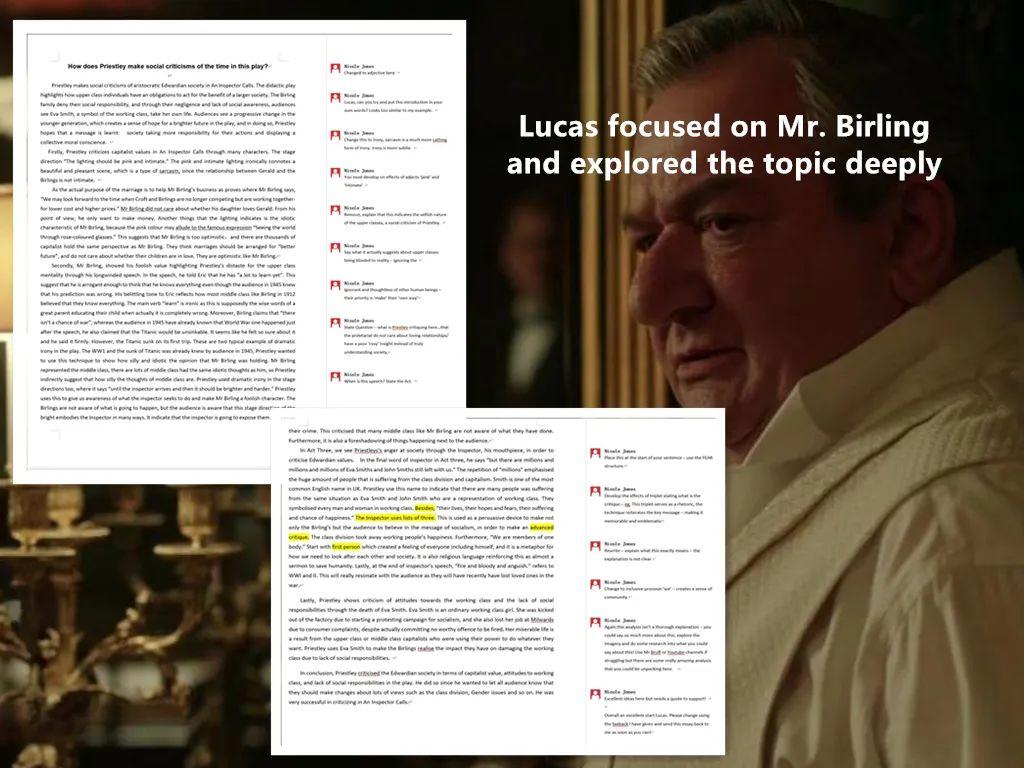

优秀作业节选 二
Excerpt from Student Essay 2
In Act Two, Sheila uses powerful metaphorical imagery when she warns her mother Mrs Birling that she “mustn't try to build up a kind of wall between us and that girl”. This imperative line displays that Sheila is now morally aware of her own unjust actions, but her mother refuses to feel any guilty for the death of Eva Smith. She tries to teach her mother to believe the notion that everyone is equal, a message which is driven through Priestley. Compared to Mrs Birling who calls Eva “girls of that class”, Sheila is sympathetic towards Eva and other girls in her position. The modal verb “mustn’t” implies Sheila’s frustration and shows her as passionate, showing that she is furious at her mother for speaking of Eva in such degrading way as if she is unworthy. The modal verb creating a tense mood, because she thinks the way that her mother behaves does not deserve any patience or politeness at all. Besides, Sheila believes that being direct and assertive is the only way to make her mother realize the moral message, as her mother is condescending, still treating her like a ‘silly’ child. Priestley wants to criticize and make audiences aware of ineffective parenting in 1912…
The metaphor ‘wall’ shows that Mrs Birling believes that she is morally and socially superior to the working class, implying the huge barrier and distance between the upper and lower classes: the rich had all the power, while the poor had little to none. Moreover, Mrs Birling represents the bourgeoisie who were supercilious. Here, Priestley criticises the class division, as he thinks everyone should have equal right and power, whether being rich or poor.
Conclusively, Sheila’s language reflects her increasing maturity, as at the start of the play she says “mummy” and uses a lot of personal pronouns to highlight her selfish and childlike attitude. As the play progresses she refers to Mrs Birling as “mother” which reflects this change and perhaps she doesn’t feel as intimate with her mother. Also, she wants to make her parents aware that she is not a child anymore, but she has her own opinions. Through the using of the character Sheila, Priestley portrays how the younger generation which is more open-minded can change views and realise their mistakes, bringing hope for the future. At times Sheila acts as almost an assistant to the Inspector too, in which she supports his criticism of the other characters, becoming his mouthpiece when he has left the stage, so this character becomes quite didactic.
by Naya Dong 9MH
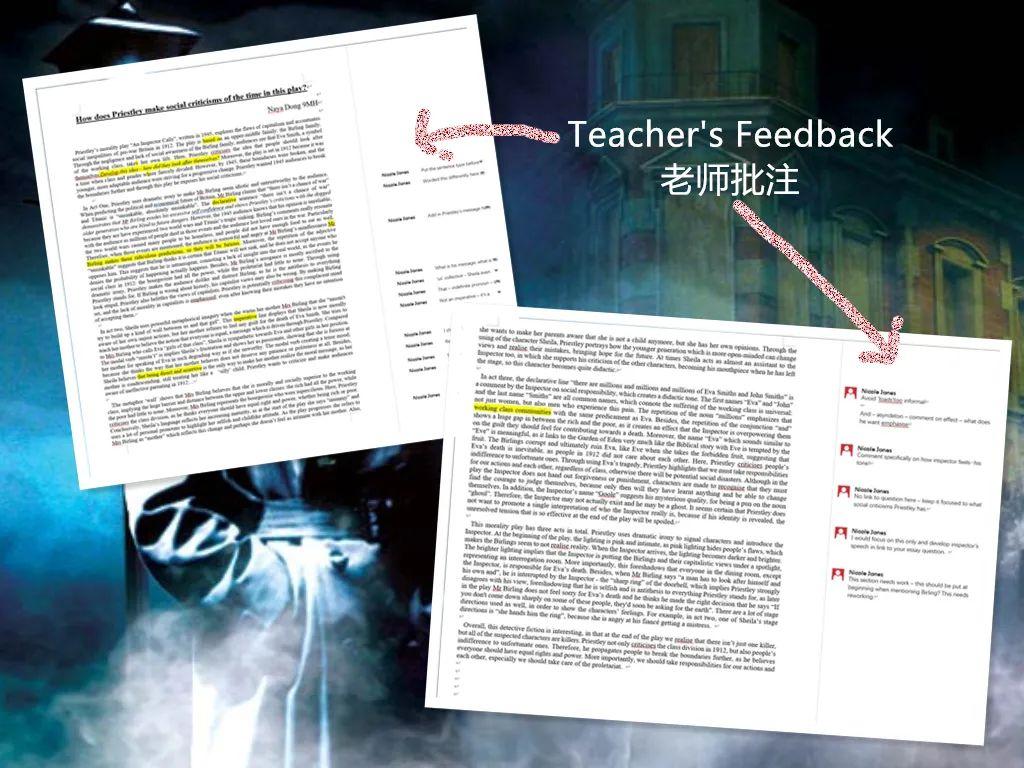

学生们仍在研读这篇剧本的过程中,他们的论文目前也还在初稿阶段。在老师的指导下,他们会进一步完善自己的作品,当他们步入10年级后,这将成为他们IGCSE英语文学考评中的课程作业项目中的一部分。
The students are still in the middle of reading the play so they are not quite finished with coursework. With the help of the teacher, they will continue to revise their essays and the finalised essays will go towards their IGCSE for English Literature when they start Grade 10.

书籍是屹立在时间的汪洋大海中的灯塔。愿大家都能热爱阅读,找到自己的远方。
Books are lighthouses standing in the ocean of time. Enjoy reading and you'll find your destination eventually.



线上学习优秀学生榜
Outstanding Online Learners
恭喜这些同学获得本周的“优秀学生”称号!
期待更多的同学通过自己的努力,加入到榜单中来!
Congratulations on the recipients for their continued effort and excellent attitudes to learning!
We hope to see more of you joining these students in the coming weeks.
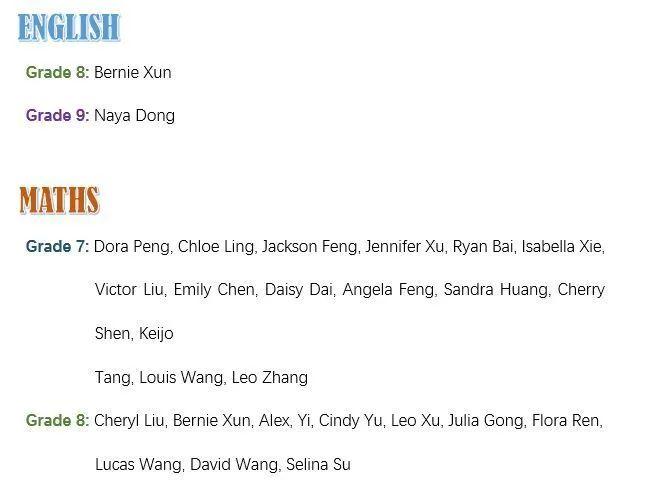
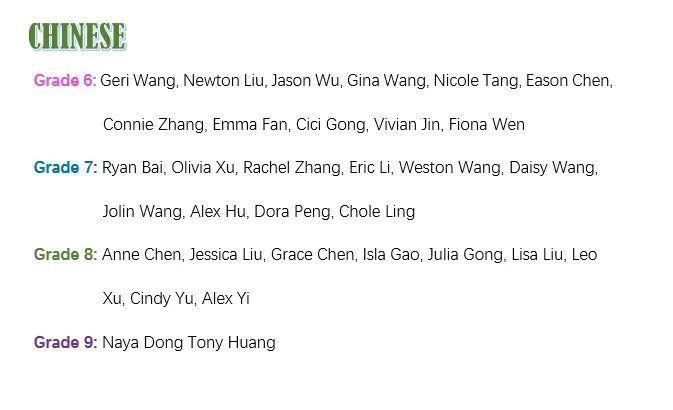

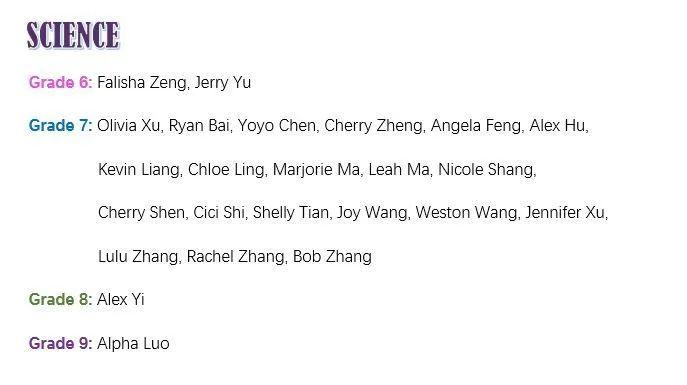
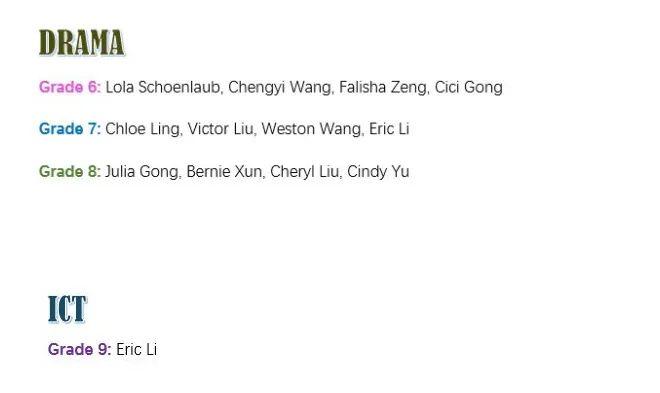
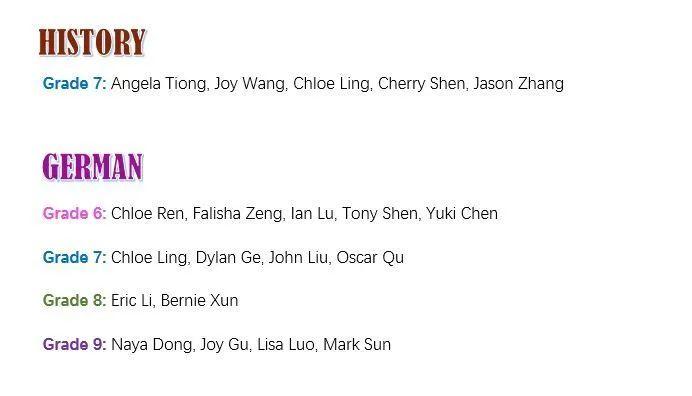
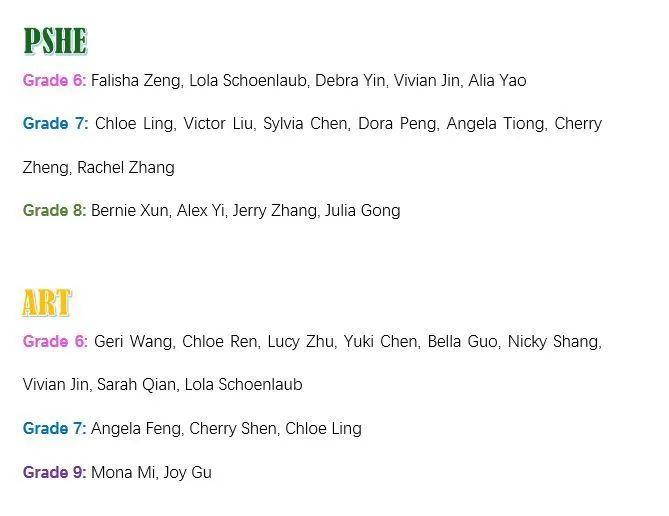
~END~
受疫情影响,为确保广大学生和家长的健康与安全,目前协和融合课程暂停所有线下校园参观和现场咨询接待,对此造成的不便我们表示抱歉!
为了让正处于择校中的家长和同学们在家中也能及时了解我校插班生信息,我们即日起全面开启线上招生云咨询服务。
咨询登记流程:
第一步:扫描下方二维码并填写学生信息

第二步:提交成绩单扫描件(语文、数学、英语、物理、化学),发送至招生处老师邮箱:
Karen老师:yunw.jk@suis.com.cn
第三步:等待招生老师与您联系
插班生招生范围:
在读6年级、在读7年级、在读8年级
(如您有任何疑问可通过邮箱联系招生处老师。)











 沪公网安备 31010502004453号
沪公网安备 31010502004453号





 成功提交后我们将尽快与您联系,请注意来电!
成功提交后我们将尽快与您联系,请注意来电!







 成功提交后我们将尽快与您联系,请注意来电!
成功提交后我们将尽快与您联系,请注意来电!


